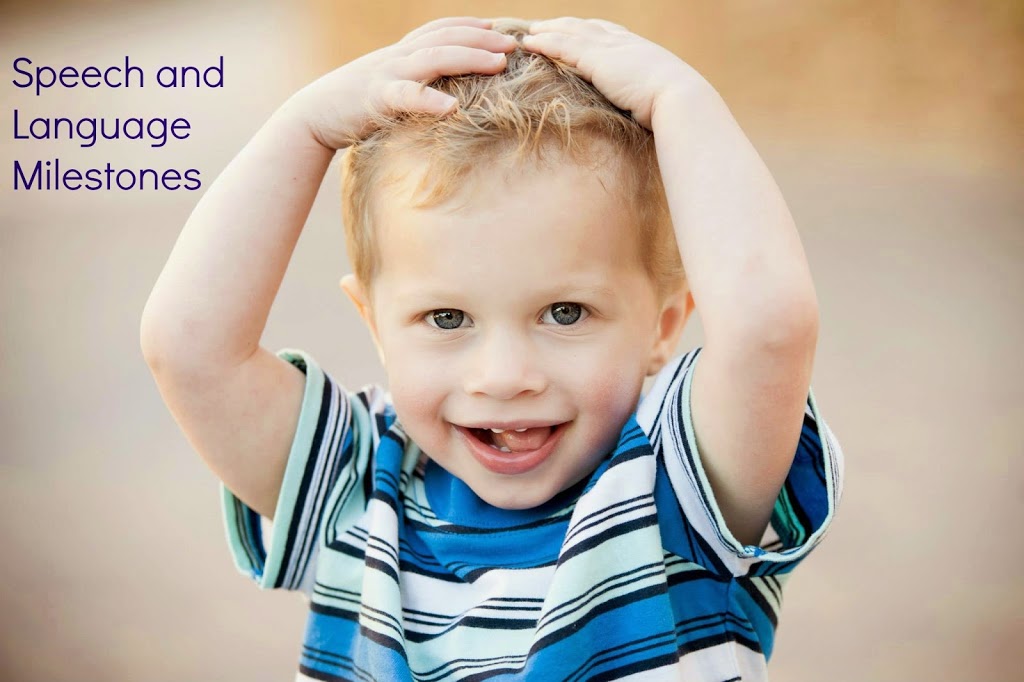Does my child have a speech delay?
When you baby is born, you can’t imagine anything more perfect you have ever seen on Earth. Their newborn baby smell, their soft skin, cuddly folds, pouty lips, their eyes little windows to their soul. In that moment and from then on, you experience a love you have never known before. An instinctive and protective nature instantly resides within you now, and you will literally go to any lengths to ensure they survive and thrive.
As they grow, there may be signs that tip you off things aren’t quite right. If I’ve learned anything being a mother, it’s that a mother (or parent/caretaker) knows her child better than any professional on this planet. They may not have the diagnosis, the name, or the treatment plan; but a mother knows her child’s symptoms better than anyone. I have found if I really listen to the mother, the diagnosis lies in their description.
I wanted to write a list of milestones, red flags, and suggestions parents can do at home. This is part I of my series.
Parents can be tireless in their search for answers when it comes to their perfect baby. If you have found this blog because you are concerned your child has a speech delay, I hope this series can either ease your mind, or convince you to seek an evaluation from a certified speech/language pathologist. If you’re unfamiliar with some of the terminology, you can click here for a list of terms.
Milestones:
v Birth to 3 months – Babies exhibit reflexive behaviors that allow a parent to interpret their needs. For example, your baby might cry or turn her head a certain way when she’s hungry.
v 3 months – Babies start cooing. This is where babies use primarily vowels and voice them experimenting with various pitch and volume. Babies also start smiling around this age.
v 4 months – Babies start blowing “raspberries.” Eye gaze develops helping to express intent.
v 6 months – Reduplicated babbling may appear around this age. The baby will babble a string of repeated consonants and vowels such as “mamamama” “dadadada” or “babababa.”
Receptively, the baby should begin localizing a sound source by turning his/her head.
v 9 months – Variegated babbling emerges. The baby, now adept at reduplicated babbling, starts to experiment with changing consonant and vowel patterns: “ma-da-ma-da” etc.
Receptive language starts to really pick up here. The child should understand basic words like ‘no,no’ and start responding to his/her name.
v 9 months to a year – This period usually brings about the arrival of the baby’s very first word!
v 12 – 18 months – Has at least one word at 12 months and uses 12 or more words by 18 months.
*there should be a lot of babbling and imitating sounds and words. Pointing, jabbering, waving, and attempting to imitate simple words all occur during this time frame as well*
Receptively, the child will begin to follow simple commands, identify objects by pointing, point to various body parts, and understand simple questions.
v 18 months – Around this age, toddlers normally experience a language explosion between now and 24 months.
v By 24 months of age – Jargon/jabbering should be mostly eliminated by this point. Kids should be using around 50-75 words and putting two words together by this age if not sooner.
Receptively, kids will understand more than 200 words!
v 3 years – Children will use around 300 words. By this age, the child should be around 75-80% intelligible. It’s important to note that children at this age may not have mastered all their consonants; however, they should still be fairly intelligible.
v Receptively, Kids will understand about 900 words!
When to seek an evaluation
Your pediatrician should be able to refer you. However, for any number of reasons, this may not be the case. My advice is to seek an evaluation as soon as you can if you are reading this and are feeling worried about any of the information. Find the Early Intervention service in your area! It’s free, so why wait? It’s only a win-win to get them in as soon as possible. If they don’t qualify, your mind will be eased; if they do, your mind will be eased because they will be getting the services they need. You should be able to ask your pediatrician where you can go or who you can call to get an evaluation.
For an easy printout click here: Speech and Language Milestones: Birth to three
